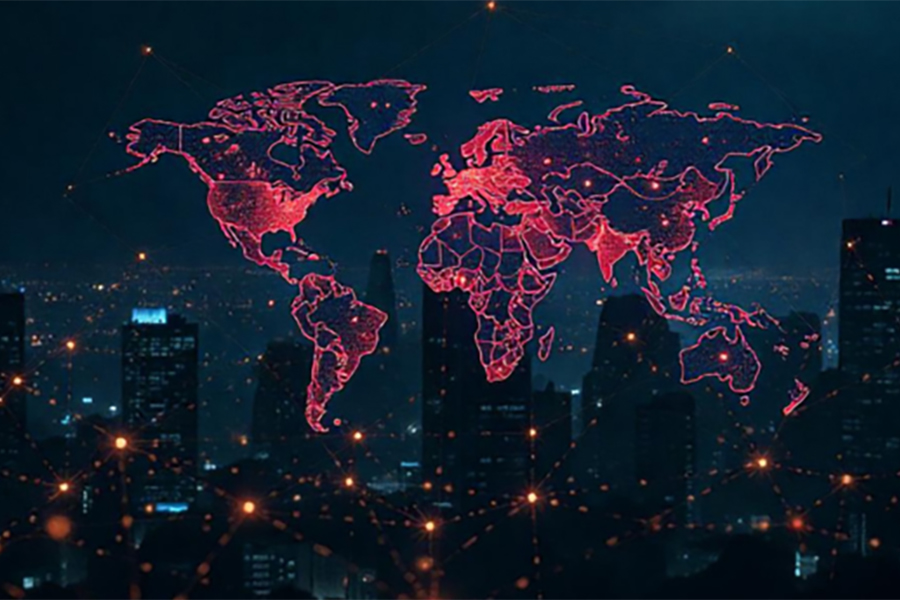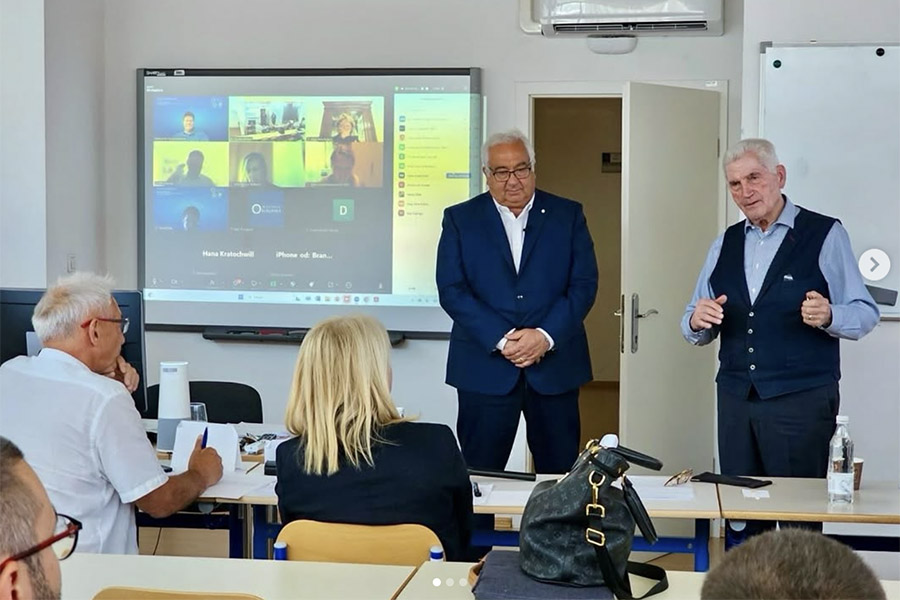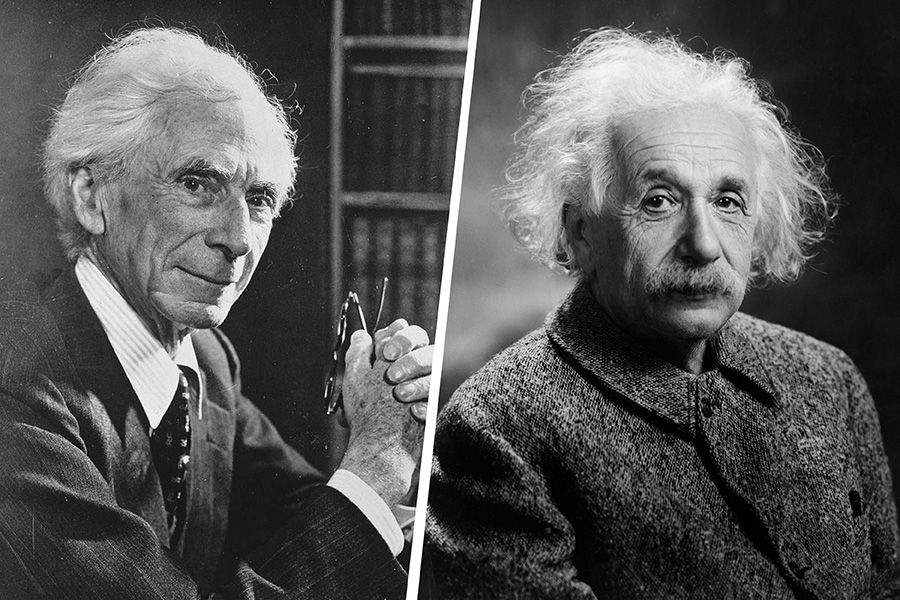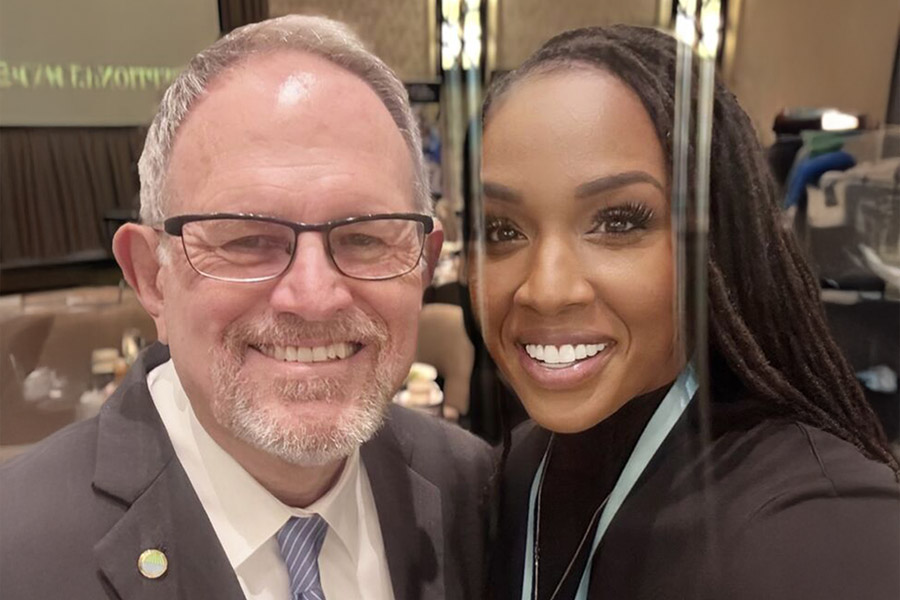Online | July 21-24, 2025
The aim of the WAAS@65 online conference is to develop concrete measures to address the root causes of the unprecedented global challenges and turbulence threatening peace, stability, human security, and sustainable development. The conference will critically examine these challenges, identify their fundamental origins, formulate actionable strategies for their resolution, and explore the potential catalytic role of the World Academy of Art and Science (WAAS) and its partner organizations in this endeavour.
This concept note introduces the upcoming WAAS@65 web conference. It builds upon the findings of two recent WAAS events held in collaboration with ASU Global Futures Laboratory, Force for Good, Nizami Ganjavi International Centre, World University Consortium and UNESCO-MOST BRIDGES Coalition in March and May of this year. The primary objective of WAAS@65 is to develop concrete measures to address the root causes of the unprecedented global challenges and turbulence threatening peace, stability, human security, and sustainable development. The conference will critically examine these challenges, identify their fundamental origins, formulate actionable strategies for their resolution, and explore the potential catalytic role of WAAS and its partner organizations in this endeavor.
The Unfolding Polycrisis: A World in Transition
Humanity is navigating an unparalleled period of transition, marked by escalating uncertainty, distrust, and insecurity. This rising insecurity is fueling societal polarization, social unrest, extremism, geopolitical instability, violence, and armed conflict. These are not isolated issues but symptoms of deeper, interconnected underlying causes. The world is grappling with a multifaceted global crisis, often referred to as a “Polycrisis” or “Perfect Storm,” encompassing political, economic, technological, social, cultural, and environmental dimensions.
The genesis of this crisis can be traced to a series of significant global events that occurred following the end of the Cold War. These include the dissolution of the USSR and the Warsaw Pact, the formation of the EU and the expansion of NATO, the establishment of the WTO, the advent of the Internet, and the liberalization of global financial markets. Subsequent events such as the East Asian Financial Crisis, the Dot-com boom and bust, the Sub-Prime Mortgage Crisis, and the Global Financial Crisis have further compounded these issues, alongside numerous regional and local conflicts. More recently, the COVID-19 pandemic, the ongoing wars in Ukraine and the Middle East, a renewed global arms race, the acceleration of climate change, and the rapidly evolving threats posed by Generative AI (GenAI) and the anticipated arrival of Artificial General Intelligence (AGI) in the near future have intensified these challenges, presenting both real and potential existential threats.
This polycrisis is characterized by a demonstrable weakening of democratic institutions and protection for human rights, alongside the increasing influence of plutocratic and oligarchic governance models. We are witnessing a decline in the effectiveness of multilateral institutions and a pervasive loss of confidence in traditional pillars of society, including the media, business, technology, and scientific communities. The shared vision and universal values that once underpinned international cooperation and global leadership are being eroded by a retreat into competitive self-interest and self-preservation. This trend is fracturing domestic priorities and international relationships, spurring a desperate scramble for new alliances. The turbulence is expanding in unpredictable directions, akin to a rapidly moving global storm, intensifying in scope, speed, and impact. This crisis appears to defy both individual leadership and the collective will of humanity, with efforts to control it often yielding unintended consequences. A superficial focus on specific individuals or events is insufficient to grasp the underlying reasons for this turbulence. To truly master it, we require a deep understanding of its root causes, the social processes driving its direction, and practical strategies to alter its trajectory and transform it into a conscious social evolutionary movement.
Towards a New Paradigm: Lessons from WAAS Initiatives
In 2013, the World Academy of Art & Science (WAAS), in collaboration with the United Nations Office at Geneva, launched a significant project to investigate the emerging nexus of global challenges across political, economic, social, cultural, and ecological spheres. This study unequivocally confirmed that these challenges share critical common attributes: they are global in reach, impact, and complexity, and are profoundly interdependent. Crucially, no single challenge can be effectively addressed by unilateral national initiatives, unidimensional policy measures, or specialized institutions, whether at the national or international level. Furthermore, these challenges cannot be fully understood or explained by unidisciplinary perspectives, piecemeal policy approaches, prevailing theoretical frameworks, or dominant modes of thinking. The inquiry concluded that fundamental changes are required at all levels to achieve effective resolution. It advocated for a new paradigm in social development, founded on integrated modes of thinking, a transdisciplinary approach to research and education, and a human-centered, value-based concept of global social development.
The Promise and Peril of Agenda 2030
The global scope, complexity, and convergence of these multiple, interacting, and amplifying crises were recognized by the United Nations, prompting an unprecedented collective action in 2015. In a unanimous vote, 193 UN member nations adopted Agenda 2030, a comprehensive framework designed to address the complex nexus of interrelated global challenges. This included a commitment to achieve 17 Sustainable Development Goals (SDGs) and 169 targets through a comprehensive set of policy measures within a 15-year timeframe. Agenda 2030 represents a conscious effort by the global community to conceive, plan, and execute a comprehensive program to tackle the entire spectrum of major threats to peace, human security, and sustainable progress for all people. Never before has an endeavor of this magnitude been attempted.
Despite its impressive initial momentum, Agenda 2030 has encountered increasing resistance and significant obstacles to its realization. By 2024, only 17% of the SDG targets were on schedule, with nearly half showing only minimal or moderate progress, and over one-third either stalled or regressing. This presents a critical concern, because Agenda 2030 is fundamentally a blueprint for global peace and human security for all. There can be no sustainable human security without peace, and no lasting peace without human security. Disturbingly, defense spending is on the rise globally, while investment in the SDGs continues to fall further behind the targets set in Agenda 2030. At a time of unparalleled opportunities for global progress, the collective quest for human security for all is in retreat. Those with the greatest capacity to lead and support global security are turning inward, driven by a desperate pursuit of self-interest and self-assertion.
Neither the crises nor the obstacles they generate can be fully understood without acknowledging their profound interdependence and their shared root causes. Addressing them will necessitate a systematic, coordinated effort from humanity to consciously transform our social values, institutions, policies, and activities in a manner conducive to supporting the welfare, well-being, and sustainable development of all humanity and life on our planet.
Charting a New Course: The Path Forward
Over the past 80 years, global society has followed a haphazard and often zigzag path of development. Today, the scope, intensity, and urgency of the challenges and existential threats we face are unprecedented. Yet, so too are the opportunities, capacities, and potential benefits for all humanity, provided we chart the right course and persistently strive to achieve them. The world urgently needs leadership in thought that translates into effective action. The challenges confronting humanity are critical, multiplying almost daily with the rapid spread of insecurity and discontent. Urgent action is needed on a global scale.
Conventional institutions alone cannot be relied upon to meet the demands of this moment. Direct measures are required to engage the general public, project viable solutions, and launch catalytic initiatives that can release and mobilize the energies of global society to endorse and implement these solutions. Our immediate task is to articulate and disseminate a compelling vision of peace, human security, and well-being that resonates positively with all, and to unite all progressive forces of humanity around this common endeavor.







